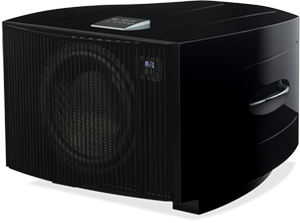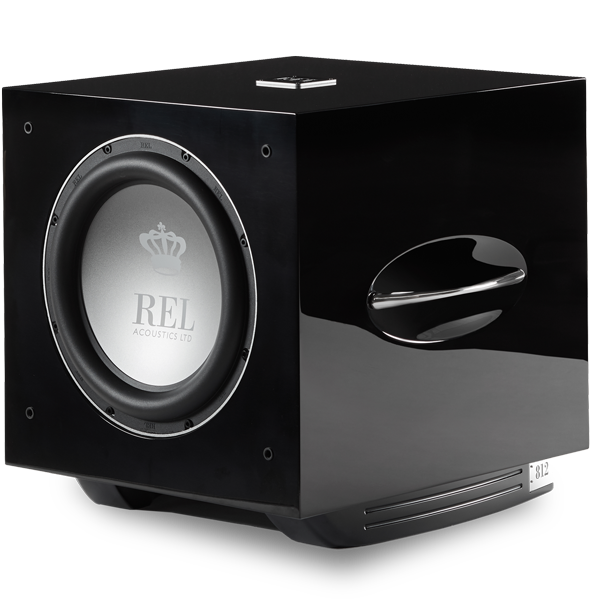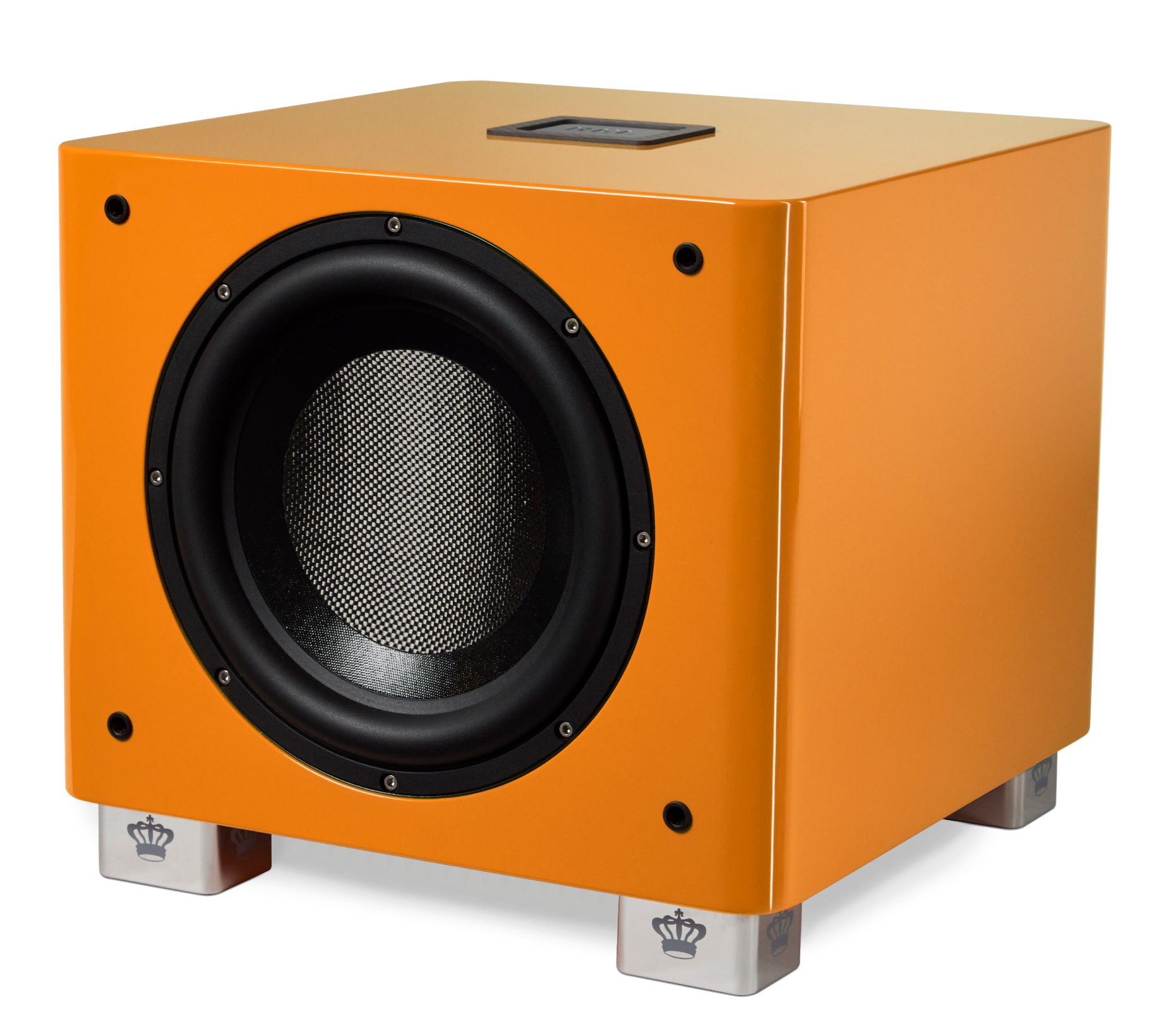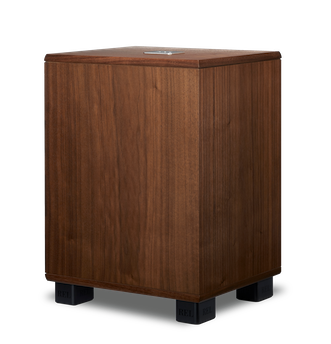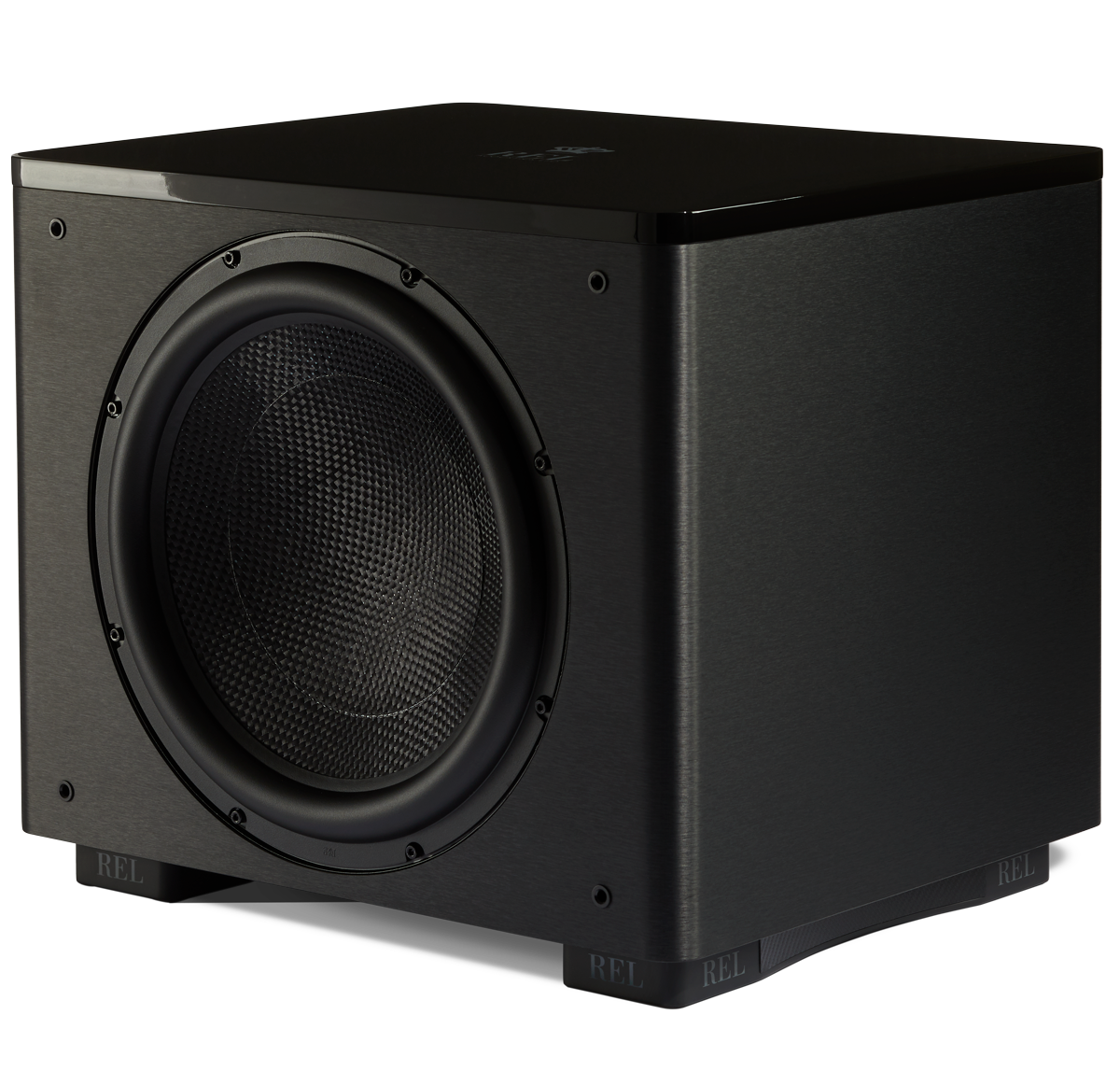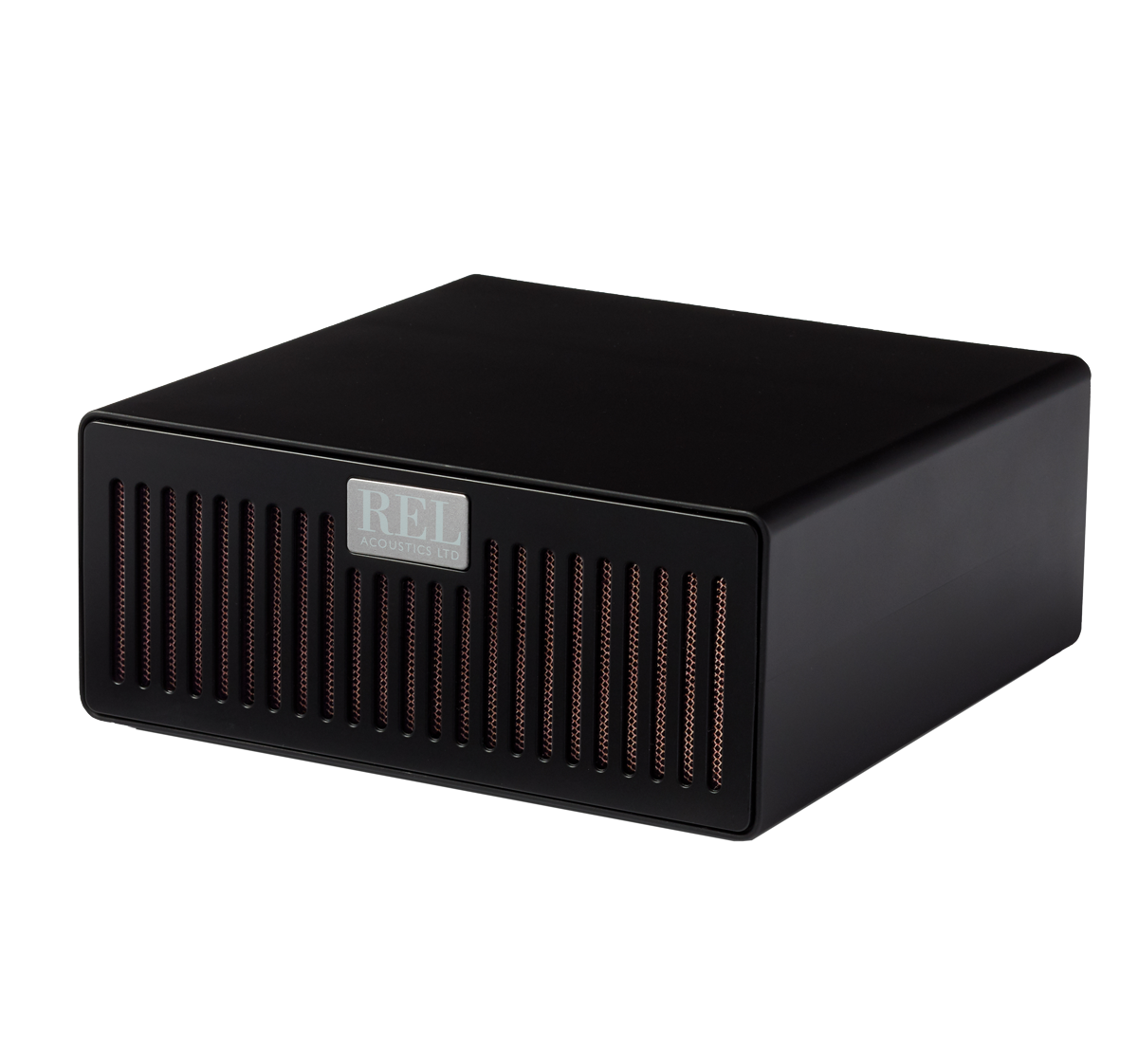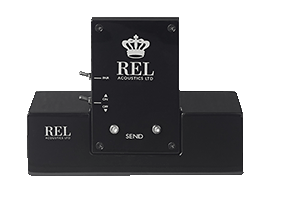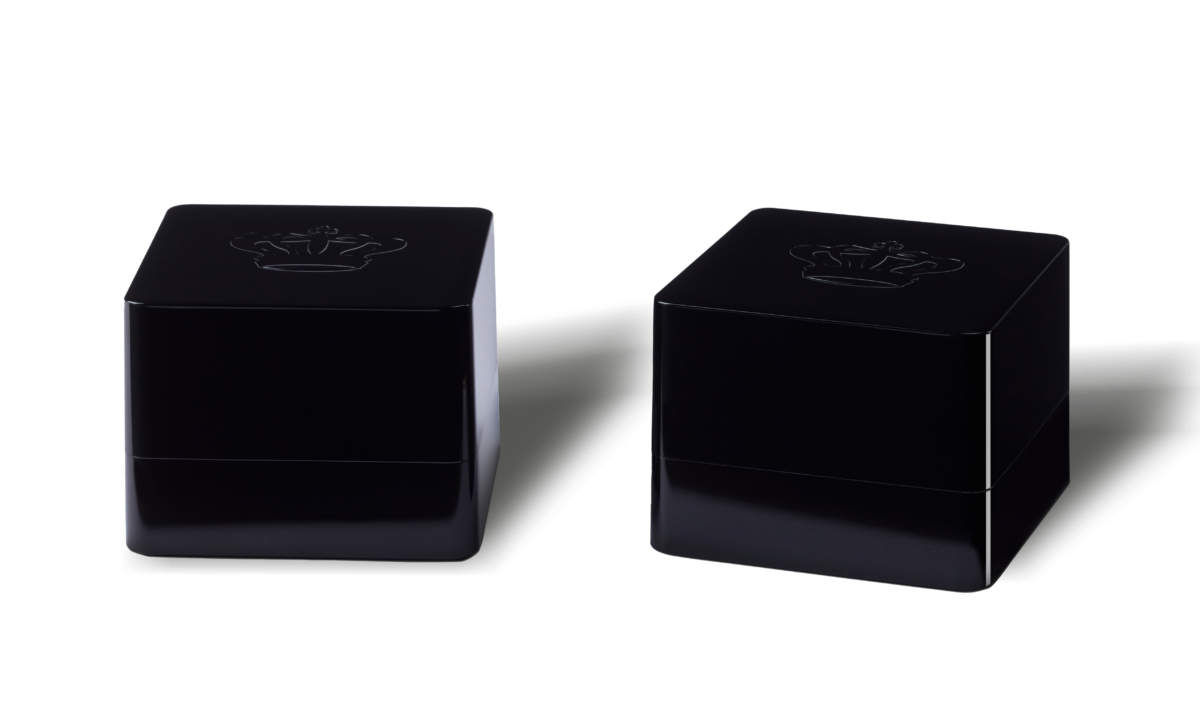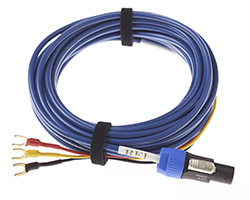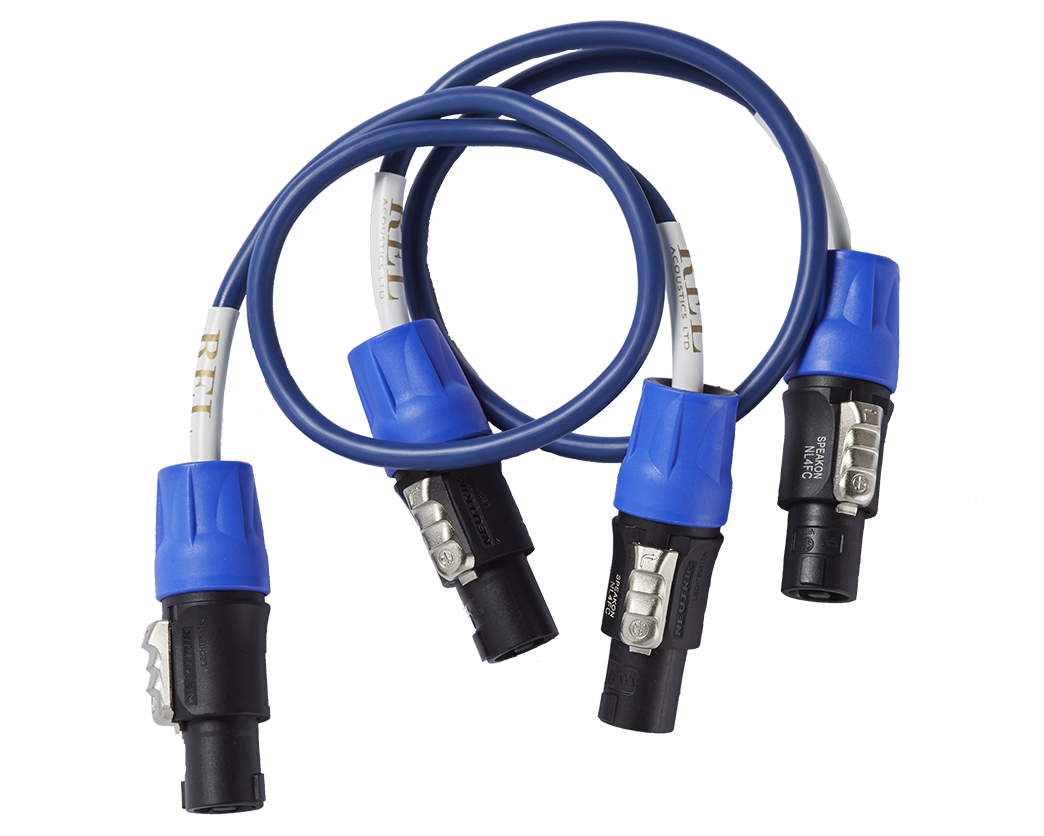Blog
The Making of Classic 99
Built For Power
When someone of Steve Guttenberg’s stature recommends our Classic 98 as “for $1399 you’re not gonna get an amplifier that does it like this does… this is going to deliver more of a sonic upgrade than any other component you can buy for $1399,” one tends to take that seriously as a design team.
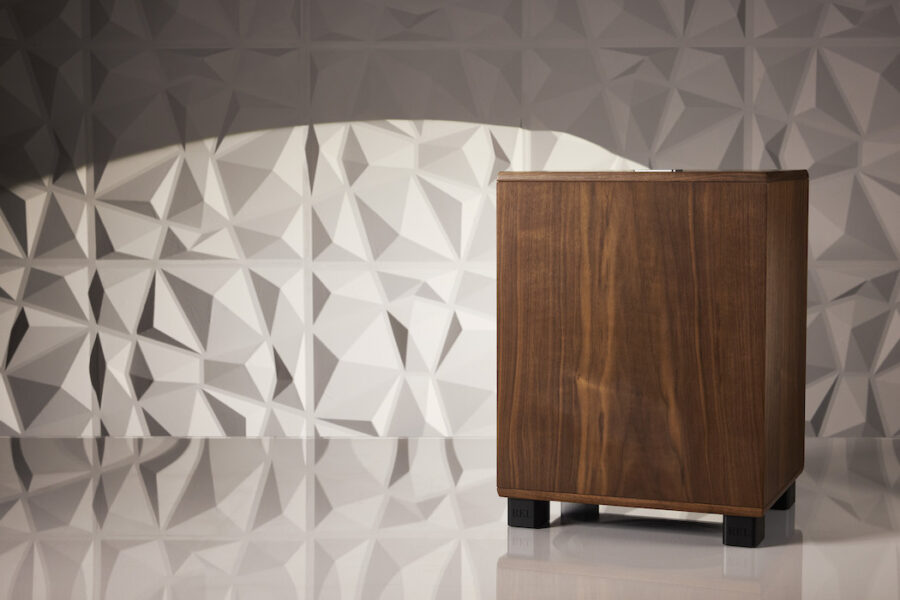
So, what did we do? We set about building Classic 99. Yeah, we’re gluttons for punishment.
The brief was clear from the start—not always the case at the outset of a new project. Sometimes, it takes a more meandering journey as various options are explored. In this case, we knew the clear and obvious path to making Classic 98 better. Note I didn’t say “Make it bigger so it will play louder (it does) or go lower (it also does that).” I specifically said making it better. A bigger, better driver and tons more power were staring us right in the face. Not because they play louder and go deeper, but because with the right tuning, we felt we could bring out more nuance, more emotional involvement, more air in the soundstage, and clarity in the critical upper-midrange-to-low-treble region that is a sticky issue in many high-end systems.
Better, because REL means making every sonic cue more completely and fully realized, and even though the new Classic 99 is a beast when used in home theatre, we always voice using revealing 2-channel cuts. They’re not our favorite music, these are cuts we’ve learned to trust over the years that reveal some “tell” in a development prototype that leads us to improve seemingly minor aspects. But, once we get those “minor” issues resolved, it allows us to unlock more dramatic improvements. We call these hang nails. A professional pitcher in baseball (presumably also true of a world-class cricket bowler) may be able to throw 100 mph, but if a tiny blister or sore spot develops on the index finger of his throwing hand, he has to come out of the game. His accuracy will suffer and not only is it insanely dangerous to have a wild pitcher throwing 100 mph, his game will go to hell with balls spraying the dirt around the catcher. Not good.
So, we first set about creating the new 12” hand-thrown paper center cap—these take 24 hours to create a twelve cone versus hot pressed, flat paper stock that can be produced at the rate of several hundred a day. The center cap is not only responsible for the stiffness in the structure of the cone, but it’s also most responsible for texture and delineation in the reproduction of music, so it is always something that needs special attention. At 12” in diameter instead of 10” we would have 45% more surface area to work with, meaning that pressurization of the room would be easily achieved. And, while we wouldn’t need it, our geometry allowed for an extra inch (25mm) of fore and aft travel. Which is a lot more output.
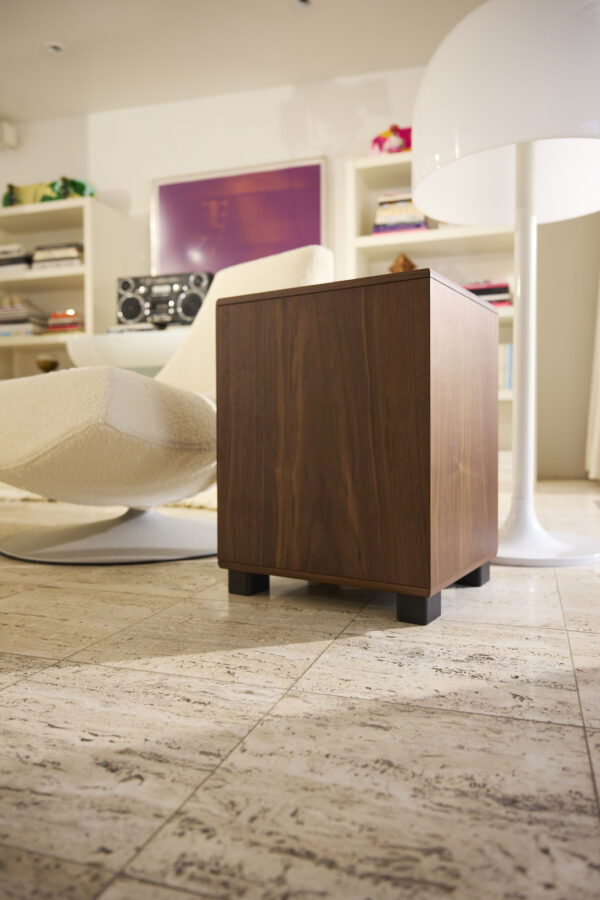
We pressed into service one of our 500-watt Class D amplifiers, then limited it to 450 watts (which was probably 100 watts more than we needed) to deliver greater impact and that sense of effortlessness that wonderful big amps often possess. Then we fine-tuned the PerfectFilter™ in our filter set to take the best advantage of all this largesse, including a cabinet that is some 40% larger in internal volume than Classic 98 offers. And it all came together with just a few tweaks and generational improvements over a 6-month cycle.
And we had it…or so we thought. But something was missing. Classic 99 was seductive out of the box. Precisely because when a big, confident subwoofer strides deep bass into the room, it is easy to be seduced by the whole bigger/deeper/louder thing. When a subwoofer goes bigger/deeper/louder it’s easy to conclude that it’s “better”. But we didn’t sign off on it.
What was missing was the last bit of what we started off saying we were going to get. Delicacy, air, openness. When you hear it, it’s instantly identifiable as right, in the way that live music has “it”. Old Quad electrostats have it. Quad 63s don’t (sorry guys). Martin Logan CLS have it, Apogee Duetta Signatures have it, and it’s far easier to gain this clarity and graded nuance in stand-mounted speakers than in bigger floorstanders.
So, one night I got out a stack of my business cards. They happen to be exactly 1mm thick. I carefully added one card layer at a time (4) underneath the feet until the thickness we were hearing disappeared and at 5 business cards worth of shims (5mm) the sound was perfect. So, I called our CAD genius Ryan and asked him to add 6mm. Why 6? Because sometimes we’re all idiots. What difference could 1mm make? A LOT as it turned out. A couple of weeks later, we got the (wrong) 6mm taller feet in, bolted them on, and…they sucked. No truly. We had lost all the weight and body our new design had in spades. Panicked, I sent an email to our metal factory asking for a set at the 5mm increase to be built as fast as possible.
Nervously, we sat down to listen, and whew! The relief we felt when, after 10 minutes, we swapped out the too-tall 6mm versions for the 5mm ones and we had the best of both worlds. The fine-tuning of a larger slot to relieve the build-up of pressure on the bottom was exactly what we needed. Turning this from something most people would have been happy with (I guarantee you no competitor is listening at this level of criticality) to a design that we believe will be seen as important, as really special is why we do this. It’s why I hoped twenty years ago when our team started this journey, that we could put out meaningful designs, that would add to the discourse in this wonderful hobby of ours.
We give you Classic 99. We do so proudly. This REL is special, it is meaningful and powerful and makes an utterly beautiful sound. And, it will pound the hell out of most rooms without breaking a sweat. Classic 99, the beautiful beast that we fell in love with along the journey.
Enjoy!
Thank you for reading our latest blog. We strive to provide content that’s both entertaining and educational.
If you have questions or suggestions for future articles, reach out to us at info@rel.net. We value your input and will do our best to respond within a few days.
With over 160 years of combined experience, we’re committed to making your audio experience exceptional. If you found value in this piece, please share it with friends who might benefit.

